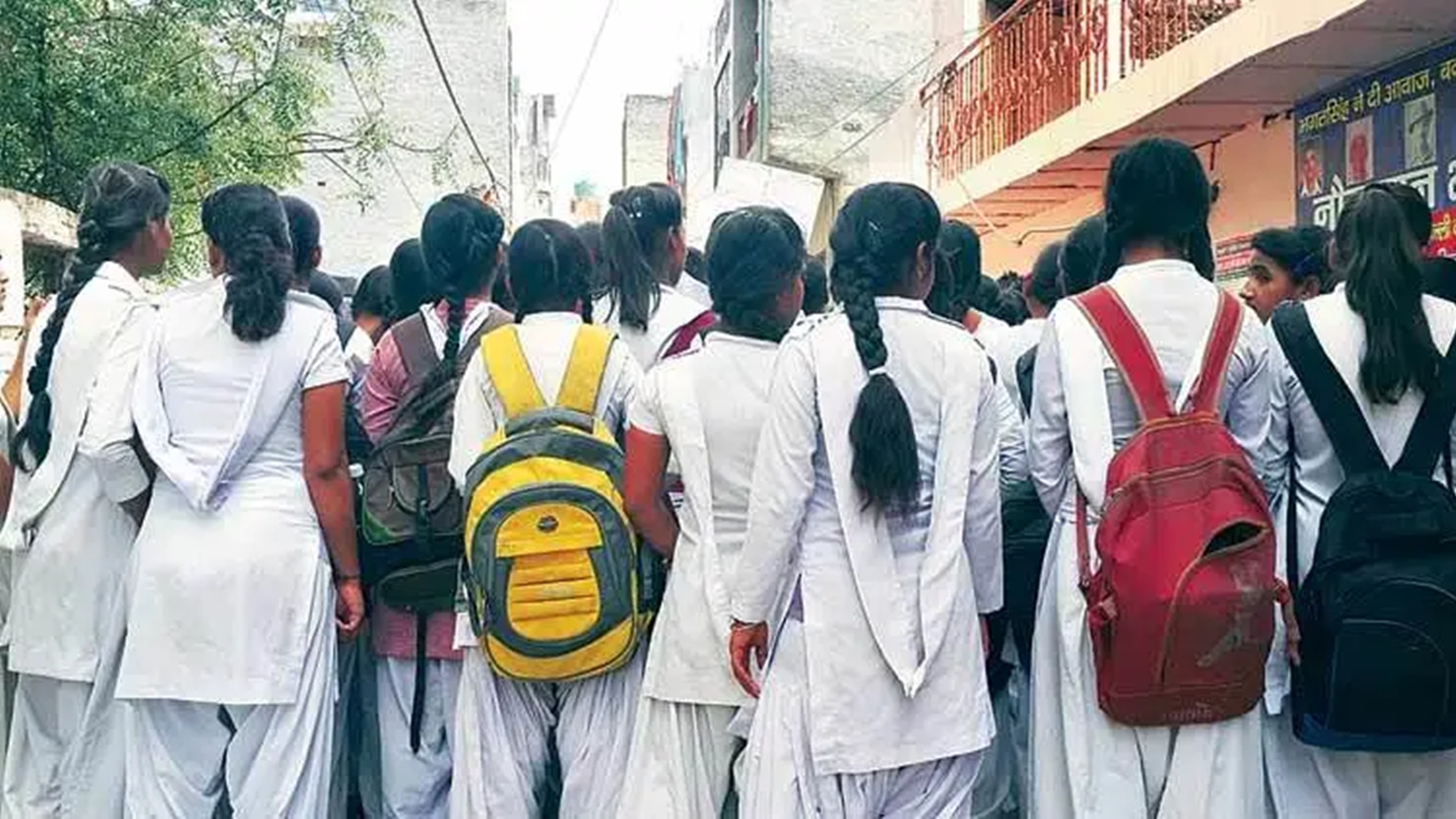Written by Rajesh Kumar Singh Yadav
Education – generally understood as limited to studying and learning – has a much broader scope. But through education, teachers can spark curiosity in students and help birth new ideas and discoveries. A teacher identifies talents and builds on them. Education, then, is the medium for all-round development. Recently, there have been vast changes in the field. I am a teacher and my objective is clear: To educate children without discrimination. We must do our jobs, and fulfil our role regardless of the student’s background — even if the child of someone we personally dislike or have a dispute with is in the classroom, it is our duty to teach them, without bias.
About a week ago, I heard the news of a class 3 student in Amroha district of Uttar Pradesh being expelled, allegedly because he brought chicken biryani in his tiffin. I am both distraught and at a loss. Of late, we have seen the gradual erosion of values at places of learning. Many incidents are linked to religion. Sometimes, the children themselves form groups as “Hindus” or “Muslims” when they quarrel.
In such situations, I work very carefully. First, it is critical to understand the psychology of the children. I do not blame anyone when these incidents occur — that would likely make the situation worse. Rather I call upon students who are doing well and through them, I try to communicate the messages of harmony and why learning is the most important thing. In essence, I attempt to make the situation a teaching moment. Schools and colleges — especially through the influence of teachers — when empowered to do so, can shape children’s worldviews and expectations on several complex matters.
Parents place great trust in teachers when they send their children to school. The teacher plays a crucial role in society, providing a link between the home and the world. Her aim must be — and she should be capable and responsible to this end — creating an environment of harmony. There is an urgent need for everyone to recall that school education has a role not just in the narrow sense of imparting a syllabus. It is also instrumental in how everything — from language to behaviour — is taught. In polarised times it is doubly important then, that the classroom is free of these biases — in fact, it must be a place where children can learn how to shed them. This is crucial for students to understand their duty to each other and their families, society and the nation.
The gap between the classroom in a village and a city has expanded. The schools and colleges in cities are far ahead. Today, coaching institutes have also put a stop to fostering good academic careers premised on interest and comprehension. Students now are more distracted, less present. They are less engaged, asking fewer questions. This is the most painful aspect of education today. Teachers find it hard to keep up with these challenges, more so when massive revisions are carried out in curricula.
Mobile phones have had a huge impact on education. Because of this, children have lost interest in reading. Many incidents occur because of it and blow up more thanks to the internet (the incident involving a UP school teacher seen asking primary school students to hit a Muslim classmate last year, for example). In such a situation, the teacher needs to be sensitive, not reactionary. The trust that society and parents place in teachers should not be broken. Education should be fearless — as should educators. And in times like these, teachers should reopen the gates of discussion and communication, so that the classroom is a safe space free of divides, even if the broader society is not.
The writer is principal, Adarsh Seva Inter-College, Ghazipur



